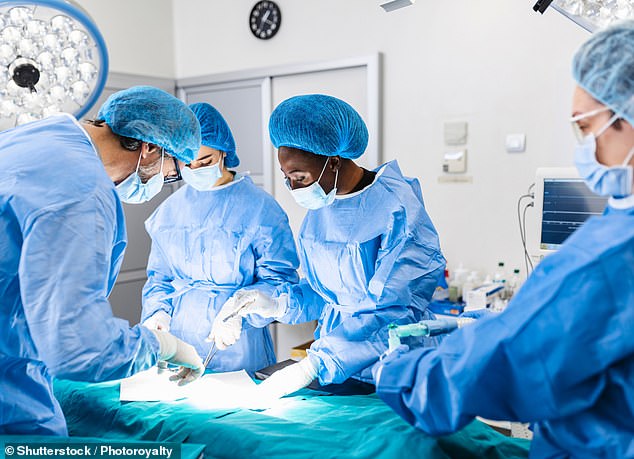It’s not often that companies soar in value 25-fold in less than a decade. But that is exactly what happened when Cambridge-based cannabis group GW Pharma floated on the US Nasdaq market in 2013 at $8.90 a share and was acquired for $220 a share just eight years later.
The massive increase reflected GW’s transformation from a biotech firm to a commercial business, with turnover of more than £400 million a year. Drugs expert Chris Tovey played a central role in that process. Now he is hoping to do something similar at Destiny Pharma, a company with even greater potential.
Tovey was appointed chief executive of Destiny in July at the same time as corporate veteran Sir Nigel Rudd took up the chairman’s role. Rudd is well known for making money for shareholders and, at 76 years old, he will undoubtedly be keen to keep that reputation alive at Destiny.
Whereas GW focuses on rare diseases, Destiny’s reach is far wider. The group targets patients who suffer from MRSA and other post-operative infections and those who suffer from chronic illness after taking antibiotics. Together, Destiny’s products could deliver annual sales of more than £2 billion.
Today, however, they are still in development. Some are being tested in laboratories but two have already been trialled on patients, with extremely promising results. Both have the potential to help millions of people recover from illnesses and surgery, reduce healthcare costs and even save lives.

New treatment: Destiny Pharma is developing drugs to reduce the risk of infection after operations
The after-effects of antibiotics are well-known, particularly tummy upset and nausea. The reason is well-known too – antibiotics wipe out good bacteria in the gut so harmful microbes can move in. These include C. difficile, a particularly noxious bug that is responsible for thousands of deaths per year and extreme discomfort among many more users of antibiotics.
Current treatments focus on yet more antibiotics. Destiny has developed something new, a benign form of C. difficile that stops the toxic version in its tracks. The drug, known as M3, has already been found to work on patients, with such encouraging results that Destiny recently signed a contract worth up to £470 million with US drugs group Sebela. Under the deal, Sebela will fund future trials and help turn M3 into a commercial product in four to five years.
Destiny is at an advanced stage with XF-73 Nasal too, a dry-sounding name for a product that could make a dramatic difference to patients undergoing operations from hip replacements and breast reconstruction to heart surgery.
These operations are complex, they involve hours in the operating theatre and, often, several days in hospital. That makes patients vulnerable to infections, including MRSA and other life-threatening diseases.
Strange though it may sound, research has shown that these infections are often caused by bacteria living in the nostrils, so much so that hospitals and surgeons routinely recommend a course of treatment to remove all nasal bugs before serious operations. Drugs are given to patients five days before a procedure and they are told to take the medicine at home, with the course continuing while they are in hospital.
The treatment has to start early because the most common drug used is a form of antibiotic, which takes time to become effective. But it relies on patients doing as they are told, at a time when they may be stressed and distracted.
Destiny’s XF-73 works differently and kills bugs instantly so treatment can start the day before an operation. The drug has already been used successfully on hundreds of patients, doctors are enthusiastic and analysis suggests annual sales could top £1.5 billion.
However, XF-73 has to go through final tests before receiving regulatory approval and further steps will need to be taken to ensure that the product can be rolled out commercially too.
That all takes time, money and experts in the field so Tovey is looking for a deep-pocketed partner to expedite the process.
Talks are ongoing with several firms but, given XF-73’s potential, Tovey is keen to do the right deal, benefiting shareholders today and patients tomorrow.
Other drugs are in the Destiny pipeline too, which could prevent skin infections from burn wounds and ulcers, as well as yeast infections afflicting chemotherapy patients.
Midas verdict: Destiny Pharma’s drugs are designed to curb the use of antibiotics, help the sick to recover faster and cut healthcare costs. The shares have had their ups and downs – and biotech firms are never without risk – but Rudd and Tovey’s arrival on the board should inspire confidence. At 50p, Destiny is a long-term buy.
Traded on: AIM Ticker: DEST Contact: destinypharma.com or 01273 704440



